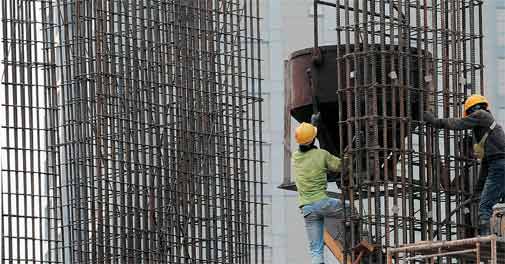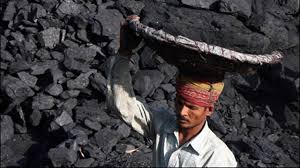As growth slows down in Asia, the International Monetary Fund (IMF) has called for varied structural reforms suggesting energy sector and subsidy areas as also broad institutional reforms to boost infrastructure spending in India.
As growth slows down in Asia, the International Monetary Fund (IMF) has called for varied structural reforms suggesting energy sector and subsidy areas as also broad institutional reforms to boost infrastructure spending in India.
“Asia has not been spared by the recent re-pricing of financial assets in emerging markets, encountering a wave of capital outflows in the past few months,” the IMF said in its October 2013 Asia and Pacific Economic Outlook Update released here Friday.
“In India, the fallout from recent financial stress has likely contributed to greater vulnerability of corporate and bank balance sheets and a further downward revision of growth forecasts, which were already very low in historical context,” the report noted.
“This reflects persistent supply constraints and slow progress on structural reforms,” it said noting that “despite weak demand, however, food prices will likely keep headline inflation close to double-digits”.
The report was released as IMF-World Bank began their annual meetings here today. Finance Minister P. Chidambaram and Reserve Bank of India Governor Raghuram Rajan are representing India.
While the US central bank Federal Reserve’s September decision to delay tapering has eased outflow pressure and markets have bounced back somewhat, India and Indonesia have seen more concerted pressure, the report noted.
Growth prospects are weaker throughout emerging Asia, IMF said. Growth for Asia as a whole is forecast to be around 5 percent in 2013 and about 5.25 percent in 2014, while emerging Asia is projected to grow at around 6.25-6.50 percent in these two years.
In the latter case, the downward revision of close to 1 percentage point relative to the April real estate owned (REO) forecasts largely reflects the combination of the recent tightening of financial conditions and deeper supply-side factors in China and India, the report said.
“As Asia’s growth moves to a lower gear on lower total factor productivity growth, investors increasingly discriminate across countries according to their fundamentals,” the report noted.
“The case for structural reforms to boost technological catch-up and weather future economic turbulence is becoming ever clearer,” the IMF said proposing a varied agenda across economies.
In the case of India, the IMF suggested energy sector and subsidy reform as also broad institutional reforms to boost infrastructure spending.
“Decisive progress on these various fronts would go a long way toward fostering more sustainable, balanced, and inclusive economic growth over the future,” it said.
-IANS





